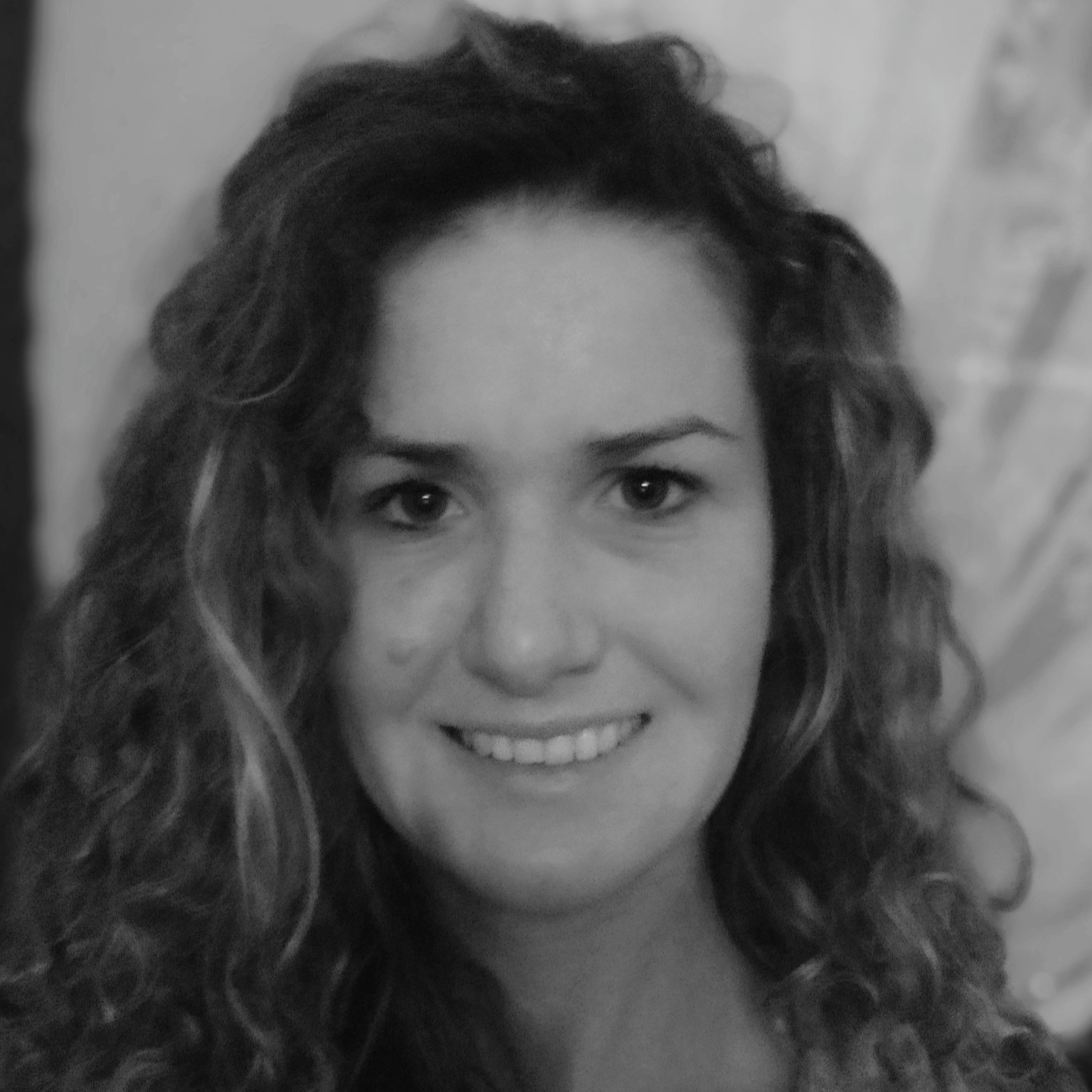Negative Numbers
What are negative numbers?
- Negative numbers are any number less than zero
- They appear in lots of places from numerical calculations to algebra
- You might come across them in real-life problems such as temperature or debt
What are the rules for working with negative numbers?
- When multiplying and dividing with negative numbers
- Two numbers with the same sign makes a positive
- e.g
and
- e.g
- Two numbers with different signs makes a negative
- e.g.
and
- e.g.
- For multiplication and division, it's often easier to calculate ignoring any signs, then making a decision about whether the answer should be positive or negative
- Two numbers with the same sign makes a positive
- When adding and subtracting with negative numbers
- Subtracting a negative is the same as adding the positive number
- e.g.
- e.g.
- Adding a negative is the same as subtracting the positive number
- e.g.
- e.g.
- Subtracting a negative is the same as adding the positive number
Examiner Tip
- It can help to think of negative numbers as temperature or hot and cold air
- Be super careful to remember the rules when adding, subtracting, multiplying and dividing with negatives
- Your calculator isn't always as clever as you think... you might need to use brackets to make sure it knows a number is negative e.g.

